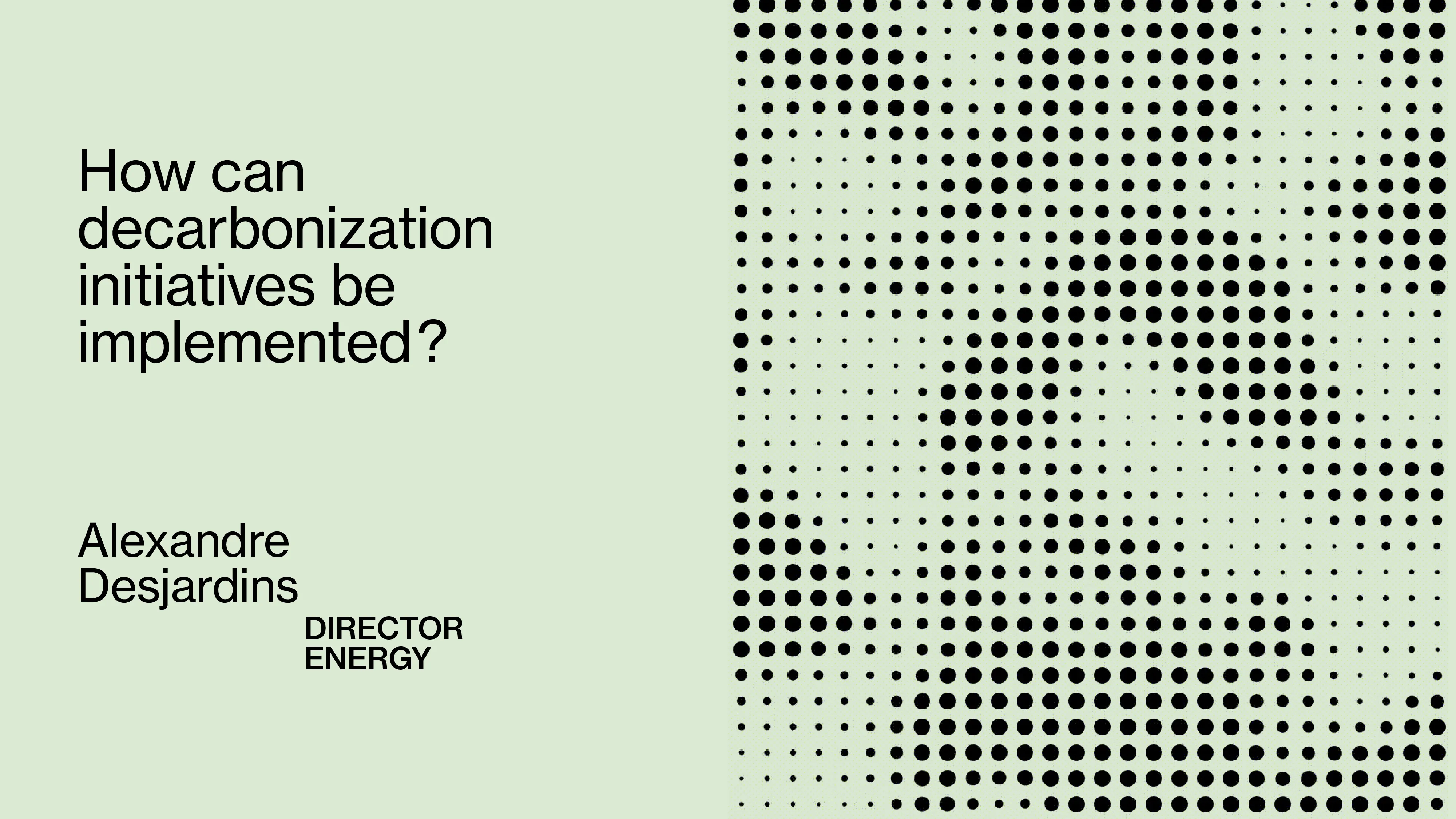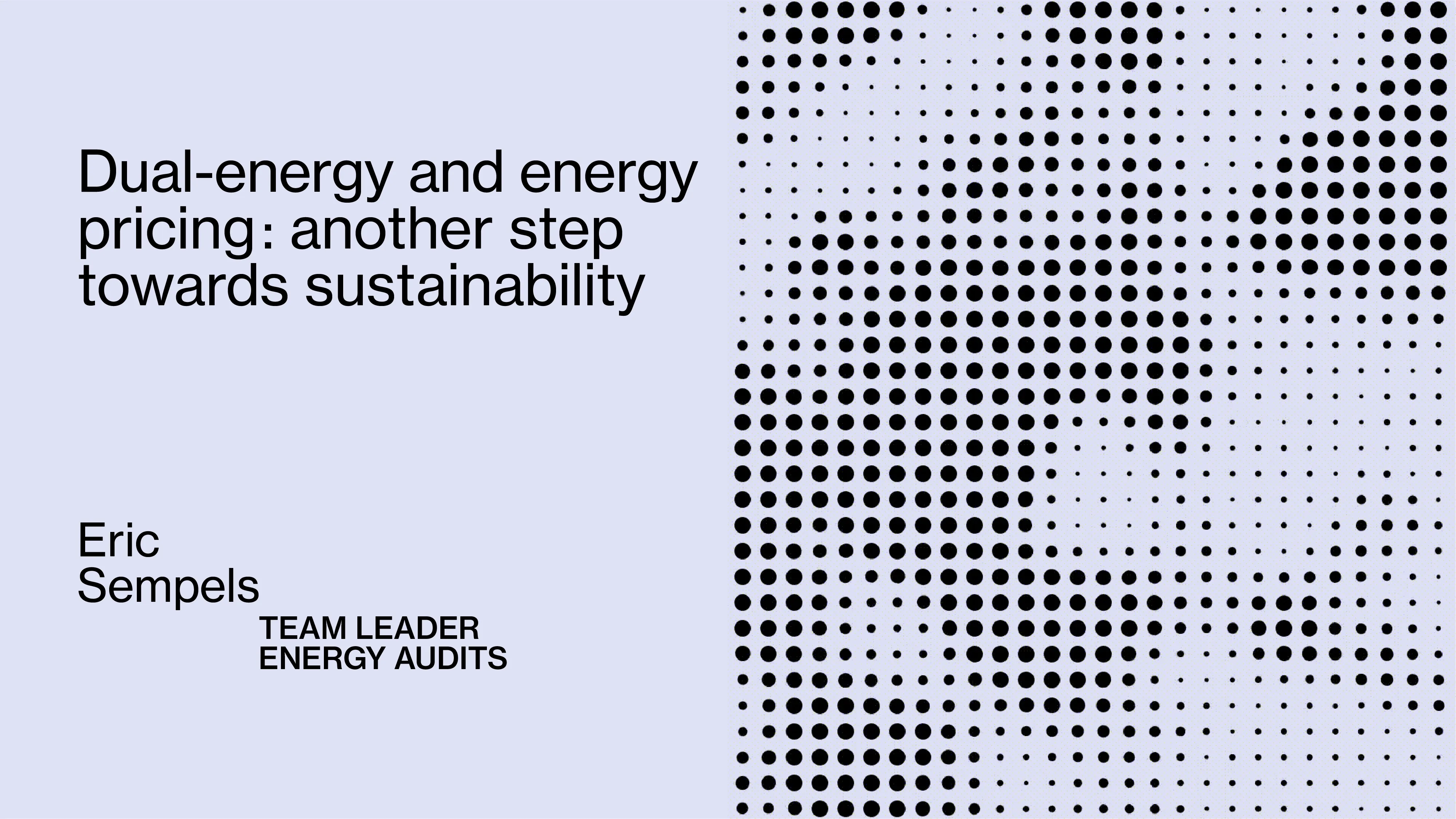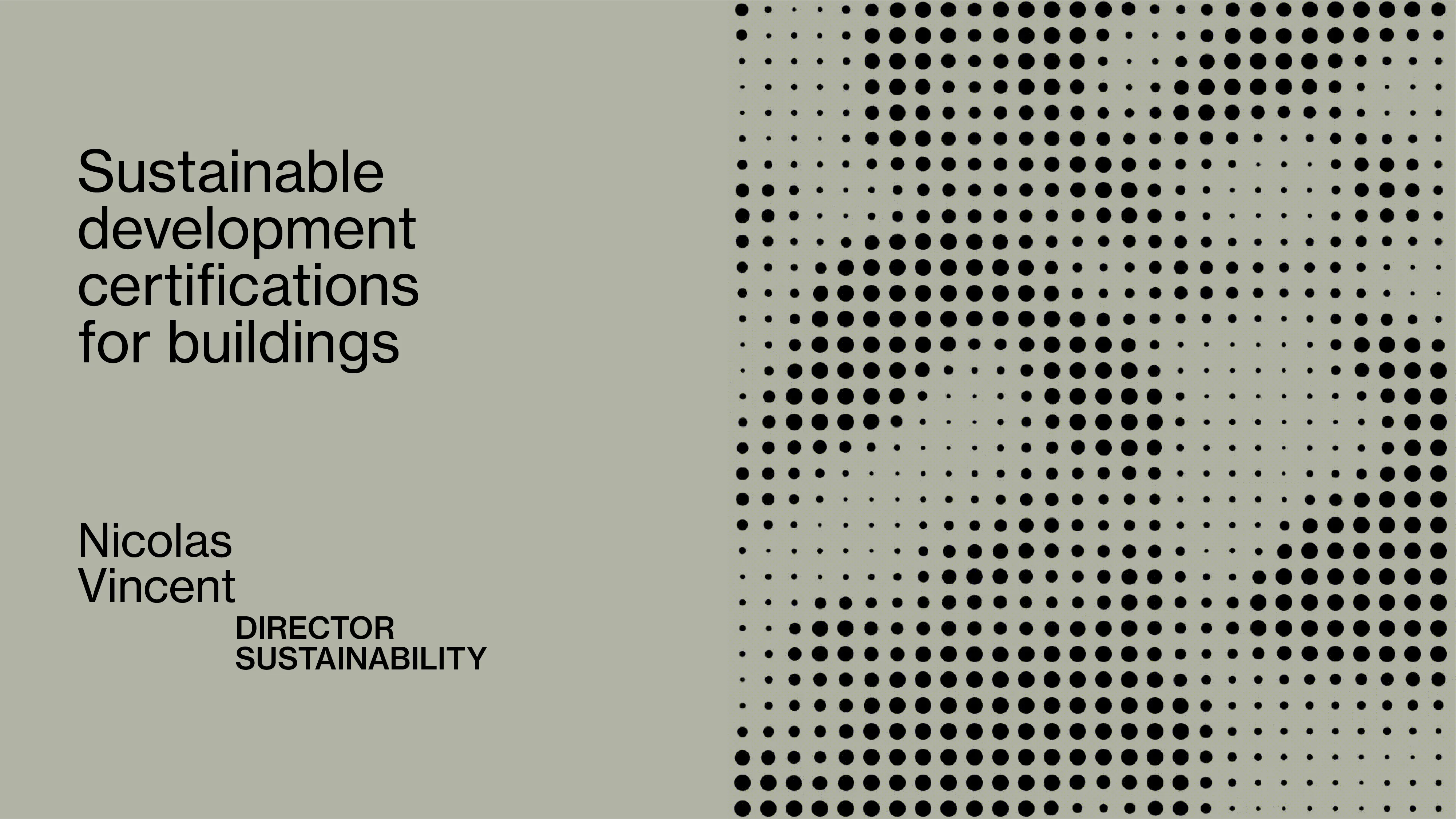Blog

Many believe that optimizing a building's energy efficiency involves major investment and complex modifications. However, recommissioning (RCx) proves that it is possible to improve energy performance while reducing costs and carbon footprint, simply by optimizing existing equipment.

Many believe that adding energy efficiency measures to a construction project (whether new or existing) will push back deadlines and drive costs up. In reality, when integrated at the right time — that is, at the start of the design phase — these measures help reduce overall costs and optimize timelines, while improving building performance.

The year 2024 marks a critical shift in the field of sustainable building in Canada with the introduction of new versions of the most popular certifications: LEED V5, BOMA BEST V4, and Zero Carbon Building (ZCB)...

Refrigeration systems often account for more than 50% of the energy bill in the buildings where they are located. However, despite their importance, they are often managed without considering their environmental impact. How can frequent malfunctions be resolved to optimize these systems?

Today, sustainable architecture is an essential movement to minimize the environmental impact of buildings. However, when we take a step back, we realize that architecture has always had a sustainable vocation...

Environmental concerns are in the news more than ever, reflecting both the urgency of the climate crisis and our growing willingness to act. This momentum, while positive, is sometimes accompanied by hasty decisions. To avoid these, a structured, well-planned approach is crucial.

Today, decarbonization has become a strategic imperative for businesses. As climate challenges multiply, integrating an effective decarbonization plan has emerged as a powerful approach to reducing carbon footprints, meeting stakeholder expectations, and preparing for future environmental regulations.

The dual-energy program, launched jointly by Hydro-Québec, Énergir and the Ministère des Ressources naturelles et des Forêts, is designed to reduce greenhouse gas (GHG) emissions while minimizing the impact on winter peak electricity demand. In this article, explore with us the program's mechanisms, its implications for new construction and existing buildings, and the key points to consider for successful implementation.

Numerous certifications and forms of recognition in sustainable development exist for buildings and infrastructures. To make the right choice, a deep understanding of these options is essential. Fortunately, at TST, we can help you make the right choice.

Adopting an ambitious ESG strategy is within the reach of any company ready to invest in a sustainable future. With proper planning and support from incentive programs, energy efficiency initiatives and sustainability projects address environmental challenges and contribute to long-term success and competitiveness of your portfolio.

By adopting a proactive approach and integrating energy transition into their overall strategy, companies can not only contribute to the fight against climate change, but also ensure their own long-term sustainability and prosperity.